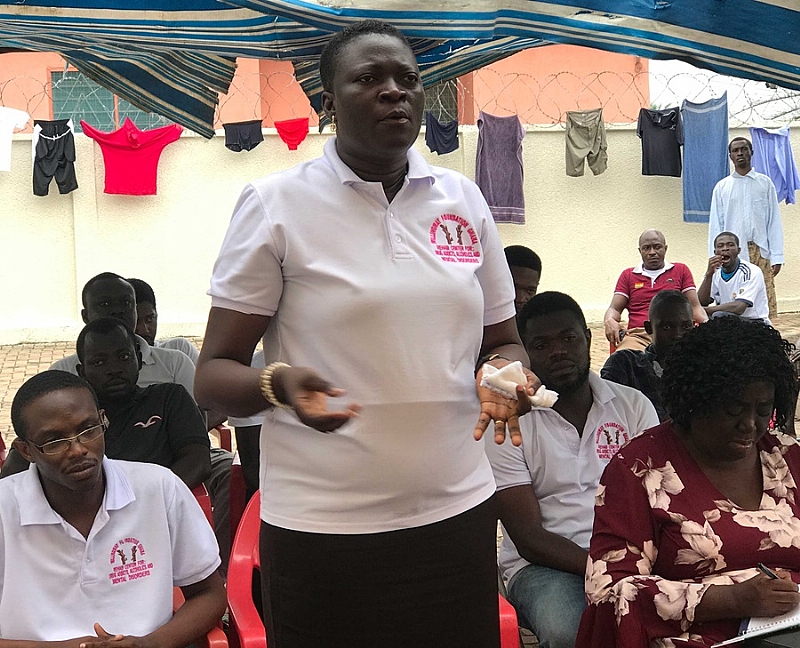The escalating crisis of substance abuse among Ghanaian youth necessitates a proactive and preventative approach, emphasizing education as a cornerstone of effective intervention. Lydia Abena Manu, Executive Director of Willingway Foundation Ghana, a rehabilitation center in the Ashanti region, advocates for the integration of drug abuse education into the national school curriculum. This strategic move aims to empower students with comprehensive knowledge about the multifaceted nature of drug abuse, encompassing its causes, devastating consequences, and potential solutions. By providing this essential education, young people will be better equipped to make informed decisions about their health and well-being, fostering a generation resilient to the allure of substance abuse. Manu’s call to action comes amidst a backdrop of rising drug abuse among Ghanaian youth, compounded by the alarming influx of illicit opioids like morphine, heroin, and tramadol into the market.
The government’s response to this growing threat has involved implementing stricter border controls and intensified inspections at key entry points to curb the flow of unauthorized opioid imports. Health Minister Kwabena Minta Akandor addressed Parliament, highlighting the gravity of the situation and the urgent need for comprehensive measures to combat the opioid crisis. The Pharmaceutical Society of Ghana (PSGH) has also voiced concerns about the illicit opioid trade, recognizing its potential to undermine public health and national security. While these measures are crucial in addressing the supply side of the problem, tackling the demand side requires a parallel focus on education and prevention.
Manu emphasizes the importance of educating children about the wide-ranging ramifications of drug abuse, spanning physical, emotional, and social domains. This includes raising awareness about the risks of addiction, the potential for serious health problems, and the detrimental impact on relationships. Equally crucial is equipping young people with practical strategies for preventing drug abuse, such as developing healthy coping mechanisms for stress, acquiring effective stress management techniques, and understanding how to seek help when needed. By integrating drug abuse education into the curriculum, children will gain access to accurate information, empowering them to make informed decisions about drug use.
This proactive educational approach will not only inform children about the risks and consequences associated with drug abuse but also encourage them to seek help for themselves or others struggling with addiction. Furthermore, it will promote healthy habits and lifestyles that reduce the likelihood of drug abuse. By fostering a culture of awareness and prevention, Ghana can effectively address the root causes of substance abuse and empower its youth to make healthy choices. This comprehensive strategy, combining supply reduction efforts with demand reduction through education, offers a holistic approach to combating the drug crisis in Ghana.
The proposed integration of drug abuse education into the school curriculum holds the potential to significantly impact the long-term well-being of Ghanaian youth. By providing early intervention and education, the government can mitigate the factors contributing to drug abuse and equip young people with essential tools for navigating the challenges they face. This proactive approach not only empowers individuals but also strengthens communities by fostering a culture of health, resilience, and informed decision-making. The investment in drug abuse education represents a commitment to safeguarding the future of Ghana’s youth and building a healthier, more secure nation.
This educational initiative will not only focus on the negative consequences of drug abuse but also highlight the positive aspects of a healthy lifestyle. By emphasizing the benefits of physical activity, balanced nutrition, and strong social connections, the curriculum will encourage students to adopt positive habits that promote overall well-being and reduce the risk of substance abuse. This holistic approach will empower young people to make informed choices about their health and contribute to a more resilient and informed society. The long-term benefits of this investment in education will extend beyond individual well-being, impacting families, communities, and the nation as a whole.


